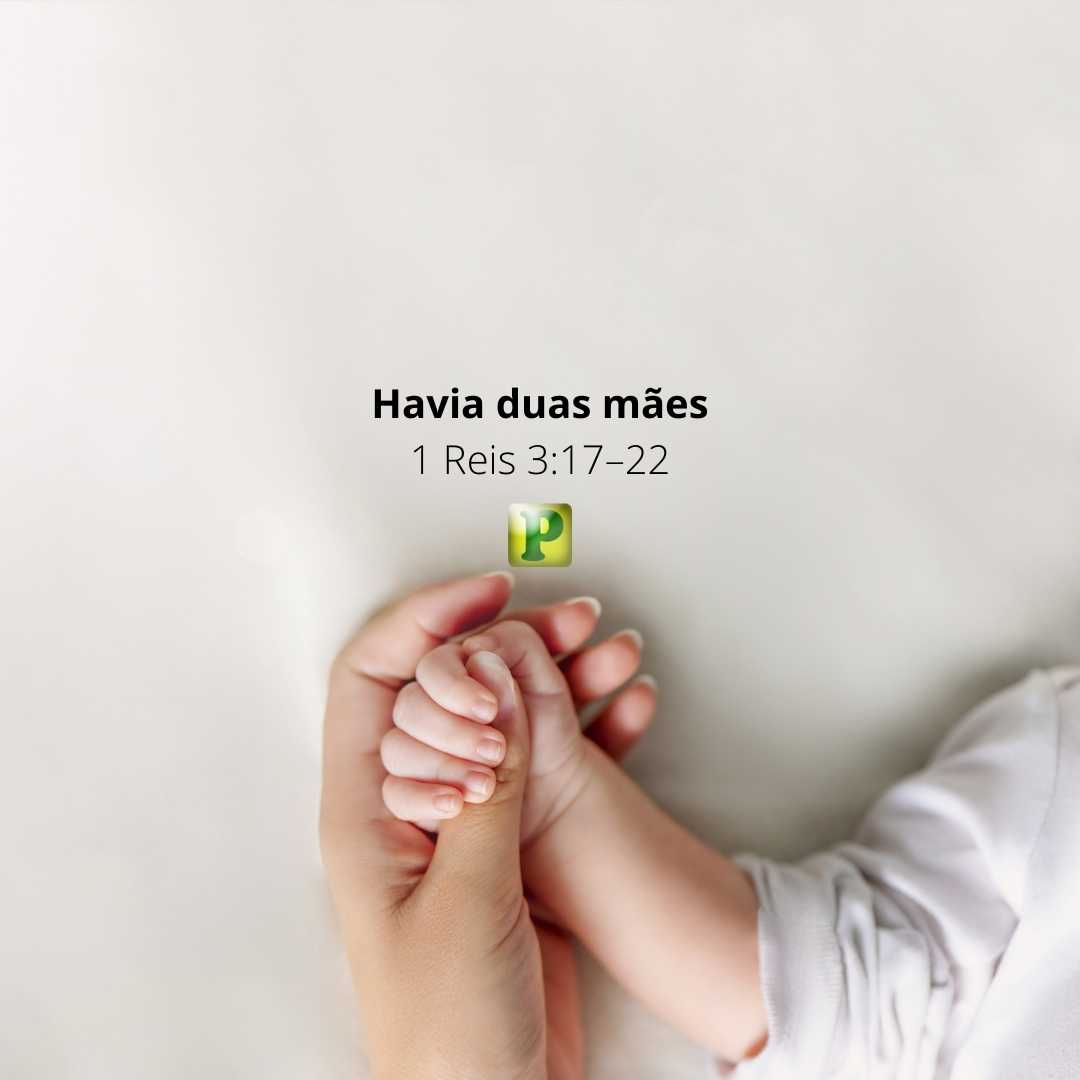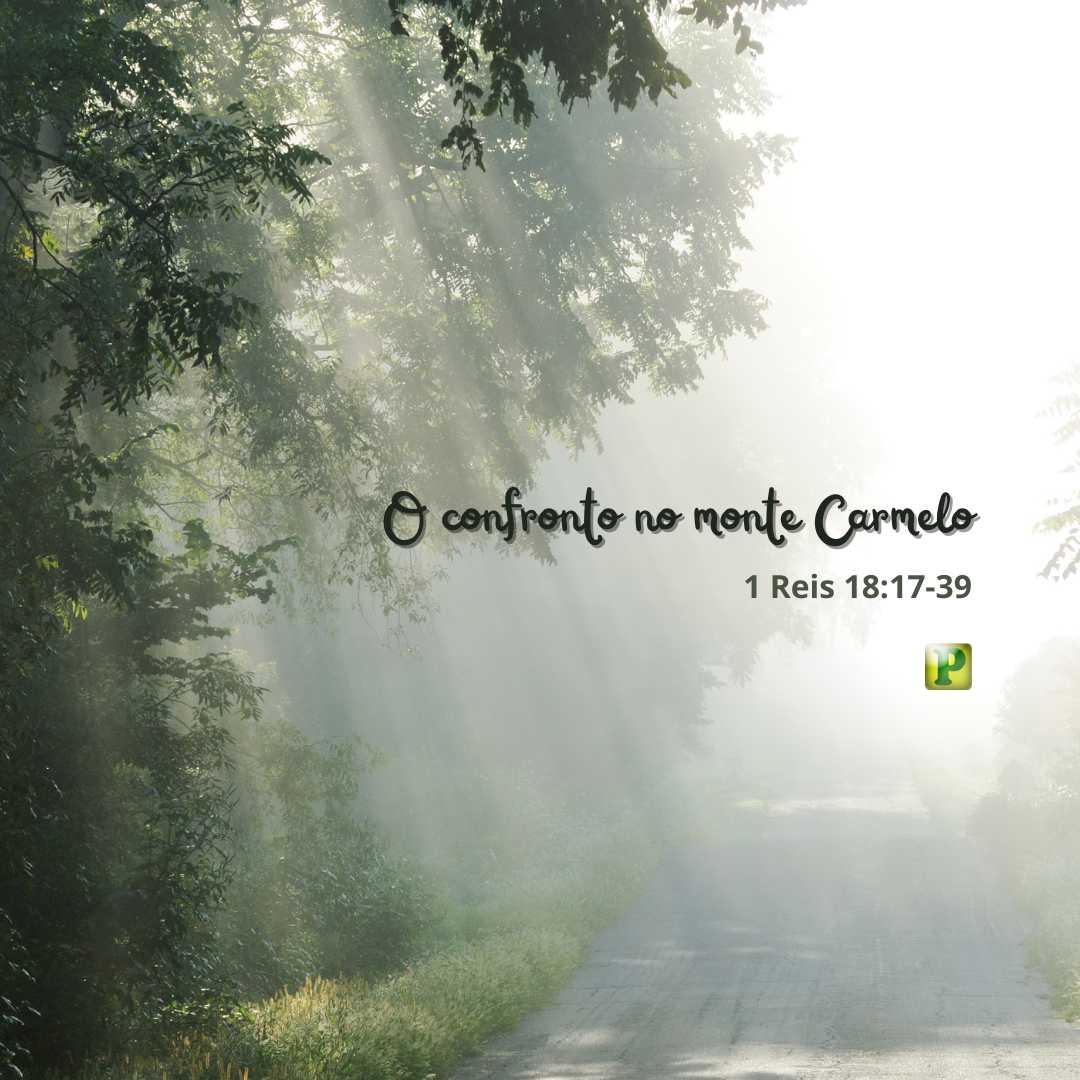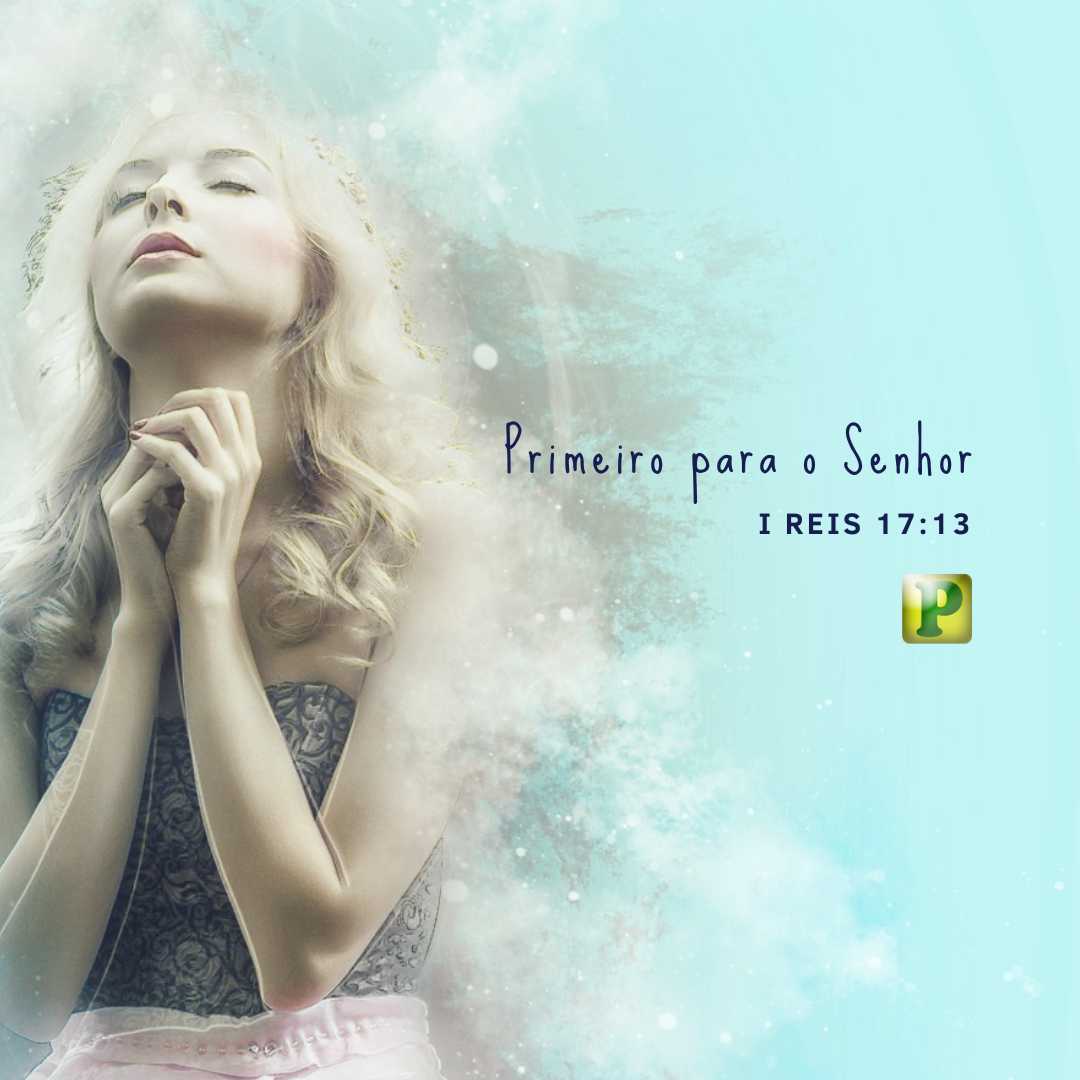The work of restoration – Preaching
Preaching Outline on I Kings 18:21-39 – Then Elijah came to all the people and said: How long will you limp between two thoughts? If the Lord is God, follow him; but if Baal, follow him. But the people answered him nothing.
Introduction to I Kings 18:21-39
Imagine living in a time when what is right seems wrong, and what is wrong seems right. This is exactly what Elijah faced during the reign of Ahab, king of Israel. Influenced by his wife Jezebel, Ahab led the people to worship Baal, a false god associated with fertility and material prosperity. In this scenario of spiritual chaos, the prophets of the Lord were persecuted and killed, replaced by 450 prophets of Baal. It sounds like a distant story, but it actually reflects much of today’s reality. How often do we try to serve God while also running after other “gods” – money, success, pleasure or even human ideologies?
In this text, we want to explore how Elijah restored the altar of the Lord on Mount Carmel and how this story challenges us to examine our own lives. Are our altars standing firm or in ruins? How can we return to the Lord and experience His transforming presence?
The historical and spiritual context
Ahab and Jezebel not only promoted idolatry, but also created an environment where the truth was stifled. The people of Israel were divided, trying to serve God and idols at the same time. Does that sound familiar? Many of us live like this: we want to follow God, but we also want to keep our “personal idols”.
Jesus said it clearly in Matthew 6:24: “No one can serve two masters.” Either we put God first, or we allow other “gods” to take His place. The story of Elijah is a powerful reminder that we need to take a clear stand.
The challenge on Mount Carmel
Elijah was not intimidated by the crowd or the 450 prophets of Baal. He proposed a simple but impactful challenge: two burnt offerings would be prepared – one for Baal and one for the Lord. The God who responded with fire would be recognized as the true one.
The prophets of Baal cried out, shouted and even got hurt, but nothing happened. Then it was Elijah’s turn. He called the people together and began to restore the altar of the Lord, which was in ruins. This act symbolizes something profound: before we can see God’s glory, we need to restore our connection with him.
The restored altar: A call to reconciliation
The altar represents the meeting place between God and man. When it is in ruins, it means that our communion with God has been broken by sin and disobedience. Elijah didn’t just build a physical altar, he pointed to something much greater: the need for spiritual restoration.
Today, Jesus Christ is our restorer. He came to reconcile man to God (2 Corinthians 5:18-19). When we surrender our lives to Him, we are transformed from the inside out. It’s as if the altar of our heart were being rebuilt stone by stone.
The elements of the Altar and their spiritual significance
1. The twelve stones
Elijah used twelve stones to build the altar, representing the twelve tribes of Israel. These stones remind us that we are part of God’s chosen people, both in the Old and New Testaments. Today, the Church is built on the foundation of the apostles and prophets, with Christ as the cornerstone (Ephesians 2:20).
Each one of us is a “living stone” in this spiritual temple (1 Peter 2:5). When we restore our altar, we are saying: “God, I want to be part of your work!”
2. The watering hole around the altar
The watering hole symbolizes separation and sanctification. God demands exclusivity in our worship. We cannot serve Him and the world at the same time. It also reminds us of the importance of setting boundaries in our lives, based on God’s Word, to avoid contamination with sin.
Think about it: what “world” have you allowed into your life? What boundaries do you need to set in order to honor God?
3. Firewood
The wood represents our human nature, which needs to be consumed by the fire of the Holy Spirit. When we consecrate ourselves to God, our life becomes a living sacrifice, holy and pleasing to Him (Romans 12:1).
How often do we try to hold on to parts of ourselves, resisting total surrender? Elijah challenges us to let God’s fire consume everything that is not his.
4. The steer
The sacrificed bullock points directly to Jesus Christ, the Lamb of God who takes away the sin of the world (John 1:29). He was the perfect sacrifice that reconciled us to the Father. Without the blood of the sacrifice, there is no forgiveness (Hebrews 9:22).
When Elijah offered the bullock, he was prefiguring Christ’s sacrifice. Today, we are invited to accept that sacrifice and live a life of gratitude.
5. The four pitchers of water
The water poured on the altar represents the Word of God, which purifies and sanctifies (Ephesians 5:26). The four pitchers can symbolize the four Gospels, which testify to the life, death and resurrection of Jesus.
Water also points to the Holy Spirit, who renews and vivifies us (John 7:38-39). Elijah poured water three times, reminding us of the Trinity: Father, Son and Holy Spirit, present in every work of restoration.
6. Fire from heaven
When the fire came down and consumed the burnt offering, the wood, the stones and even the water in the trough, the people fell to their knees and exclaimed: “The Lord is God!” This fire symbolizes God’s powerful presence, which transforms and purifies.
Today, the baptism with the Holy Spirit is the fire that consumes everything that is not of God in our lives. It enables us to live a life of worship and service.
The story of Elijah on Mount Carmel challenges us to ask some important questions:
- Is my altar restored or in ruins?
- Which idols have I allowed to take the place that belongs to God alone?
- Am I willing to give myself totally to him, without reservations?
Restoration begins with sincere repentance, complete surrender and daily consecration. Jesus Christ is the only one who can restore our hearts and lead us to true worship (John 4:23-24).
Conclusion of I Kings 18:21-39
Elijah restored the altar and cried out to the Lord, and God answered with fire. Today, the Lord continues to seek worshippers who worship him in spirit and in truth. May we, like Elijah, restore our altars, abandon idols and live exclusively for the glory of God.
May the fire of the Holy Spirit consume everything that is not His and transform us into useful instruments for His work. Amen!
More Preaching Outlines
- IDOLATRY – Matthew 22:37-38
- The restoration of the Altar – 1 Kings 18:30-39
- Remember me for good – Nehemiah 5:19






